Tile Sheets For Kitchen Walls | Cabinet Wallpaper | Self-adhesive Wallpaper | Oil Proof Kitchen Stickers
Features:


Tile Sheets for Kitchen Walls: Comprehensive Guide to Elegance:
The kitchen is often considered the heart of the home, a place where meals are prepared, memories are created, and conversations are shared. As such, the design and decor of the kitchen play a crucial role in setting the ambiance and functionality of the space. Among the various options for enhancing kitchen walls, Tile Sheets For Kitchen Walls have emerged as a popular choice, combining aesthetics, durability, and easy maintenance.
In this comprehensive guide, we will delve into the world of Tile Sheets For Kitchen Walls, exploring their diverse styles, materials, benefits, and installation methods to help you make informed choices in designing a kitchen that reflects your personal style while meeting your practical needs.
The Aesthetics of Tile Sheets:
Style and Design Tile Sheets For Kitchen Walls offer a vast range of styles and designs to cater to different tastes and kitchen themes. From traditional to contemporary, mosaic to subway, the versatility of tile sheets allows homeowners to transform their kitchens into spaces that resonate with their unique preferences.
Color Palette The color palette for Tile Sheets For Kitchen Walls is virtually unlimited. You can choose from an array of hues to complement or contrast with your kitchen’s color scheme. Whether you prefer a serene and neutral environment or a bold and vibrant space, tile sheets can deliver the desired aesthetic.
Patterns and Textures Tile Sheets For Kitchen Walls can be found in various patterns and textures, offering options like matte, glossy, textured, and 3D designs. These patterns can add depth, visual interest, and character to your kitchen walls, making them stand out as a focal point in your home.
Material Matters:
Ceramic Ceramic tile sheets are a popular choice for kitchen walls due to their durability and wide variety of designs. They are resistant to heat, moisture, and staining, making them suitable for the demands of a kitchen environment. Ceramic tiles are also relatively easy to clean, making them a practical choice for busy homeowners.
Porcelain Porcelain Tile Sheets For Kitchen Walls are known for their strength and resilience. They are fired at high temperatures, resulting in a dense and hard surface that is highly resistant to wear and tear. Porcelain tiles are suitable for both wall and floor applications, providing a unified look to your kitchen.
Glass Glass tile sheets offer a sleek and modern appearance to kitchen walls. They are available in a wide range of colors and can create a stunning, reflective surface that enhances the lighting in your kitchen. Glass tiles are easy to clean and maintain, but they may be more susceptible to breakage than other materials.
Natural Stone Natural stone tile sheets, such as marble, travertine, and slate, add a timeless and elegant touch to any kitchen. These materials provide a unique, organic beauty that can’t be replicated. While natural stone tiles are durable, they may require more maintenance, including sealing, to protect them from stains and damage.
Metal Metal tile sheets are a bold and unconventional choice for kitchen walls. They are often made of stainless steel, copper, or aluminum and can add a contemporary and industrial feel to your kitchen. Metal tiles are resistant to moisture and heat, making them a practical option for behind the stove or sink.
Advantages of Tile Sheets:
Durability One of the most significant advantages of Tile Sheets For Kitchen Walls is their durability. They can withstand daily wear and tear, including exposure to moisture, heat, and potential impact. This durability ensures that your kitchen walls will remain in excellent condition for years to come.
Easy Maintenance Tile Sheets For Kitchen Walls are easy to clean and maintain. A simple wipe-down with a mild cleaning solution is usually all that’s needed to keep them looking pristine. This low maintenance aspect is particularly beneficial in a room where spills and splatters are commonplace.
Resistant to Stains Most tile materials, such as ceramic and porcelain, are resistant to stains. This means that even if you accidentally spill red wine or tomato sauce on your kitchen walls, you can easily wipe it away without leaving a lasting mark.
Hygienic Tile sheets are inherently hygienic because they are non-porous and do not trap bacteria or germs. This feature is essential in a space where food is prepared, ensuring a safe and clean environment.
Heat Resistance Kitchen walls are often exposed to heat from stovetops, ovens, and other cooking appliances. Tile sheets, especially those made of ceramic, porcelain, and glass, are highly heat-resistant, making them a suitable choice for this environment.
Installation Methods:
Adhesive Installation The most common method of installing Tile Sheets For Kitchen Walls is using adhesive. The tiles are attached to the wall with a specially formulated tile adhesive. This method is relatively straightforward and suitable for DIY enthusiasts. It’s essential to ensure the wall is clean and level before starting the installation.
Thinset Mortar For a more secure and lasting installation, thinset mortar can be used. This cement-based adhesive is mixed with water and applied to the wall before the tiles are pressed into place. Thinset mortar creates a strong bond, making it ideal for larger or heavier tile sheets.
Self-Adhesive Tiles Self-adhesive tile sheets come with a pre-applied adhesive backing. This makes installation as simple as peeling off the backing and sticking the tiles to the wall. While this method is convenient, it may not be as durable as traditional adhesive or mortar installations.
Grout After the tiles are set in place, grout is used to fill the gaps between them. Grout comes in various colors and can be chosen to complement or contrast with the tiles, adding to the overall design. It also provides stability and prevents moisture from seeping behind the tiles.
DIY vs. Professional Installation:
DIY Installation Many homeowners opt for a DIY approach when installing Tile Sheets For Kitchen Walls. DIY installation can save money on labor costs, and with the right tools and materials, it can be a rewarding project. However, it’s essential to have the necessary skills and patience for a successful DIY installation. Proper preparation, leveling, and attention to detail are crucial for a polished outcome.
Professional Installation For those who are less confident in their DIY abilities or have complex design ideas, professional installation is a viable option. Professional tile installers have the expertise to handle challenging layouts, uneven walls, and ensure a flawless finish. Hiring professionals can also save you time and guarantee a long-lasting result.
Maintaining Your Kitchen Wall Tiles:
Regular Cleaning To keep your Tile Sheets For Kitchen Walls looking their best, regular cleaning is essential. Use a mild detergent and warm water to wipe away grease, stains, and splatters. Avoid abrasive cleaning materials that can scratch or damage the tiles.
Grout Maintenance The grout lines between the tiles may require periodic maintenance. Over time, grout can become discolored or cracked. Reapplying grout sealer and repairing damaged grout can refresh the appearance and maintain the integrity of the installation.
Preventing Stains Prevent staining by cleaning up spills and splatters promptly. If you have natural stone tiles, consider applying a quality sealer to protect against stains

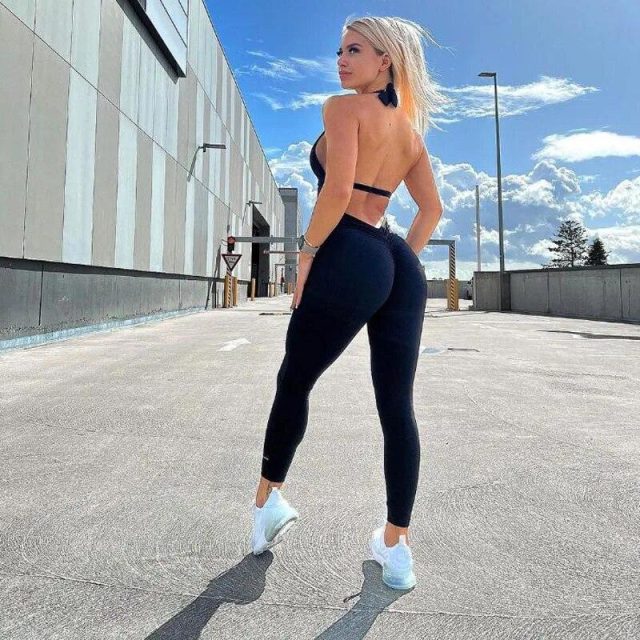






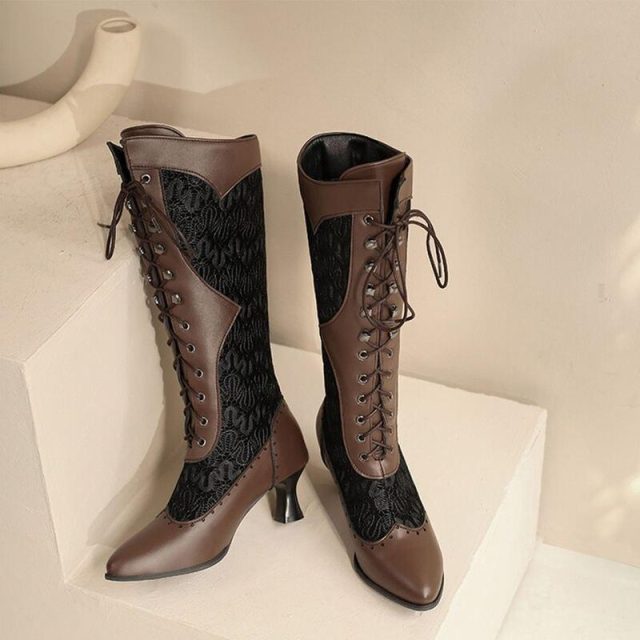



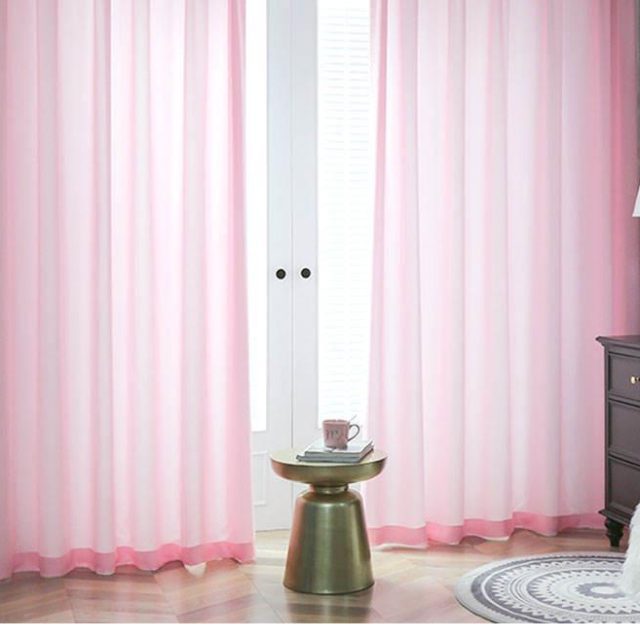
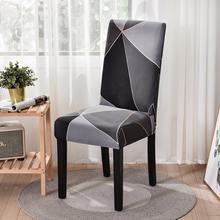
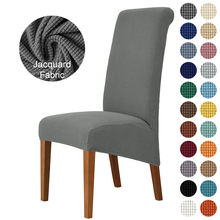

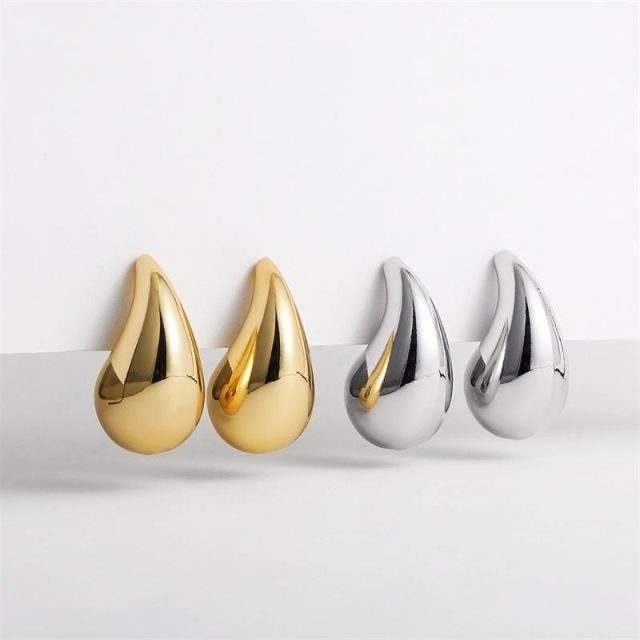
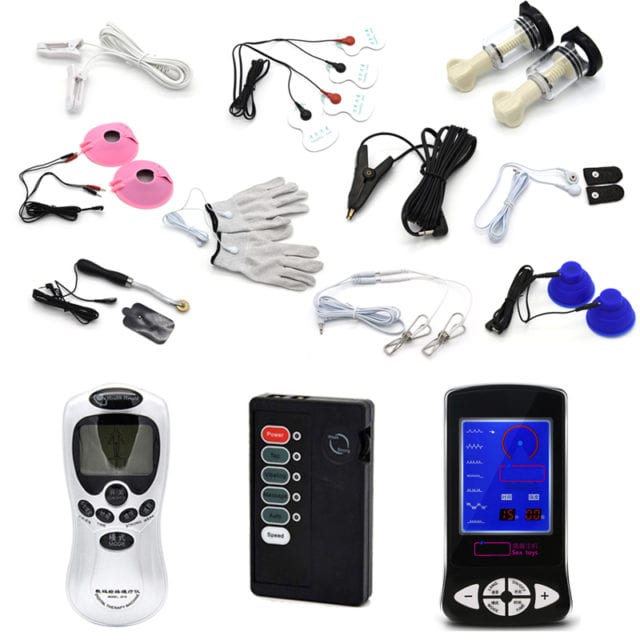



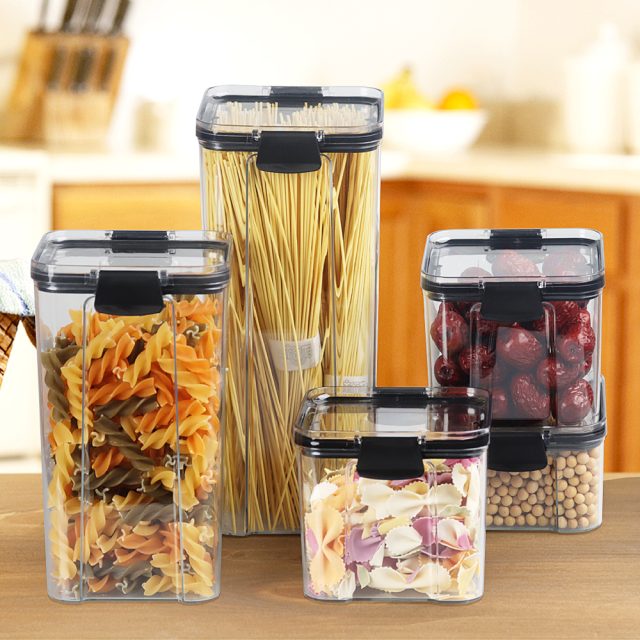
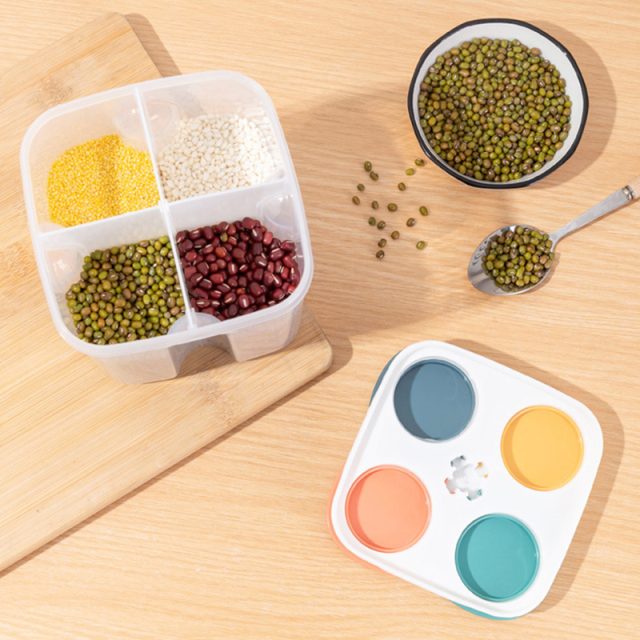
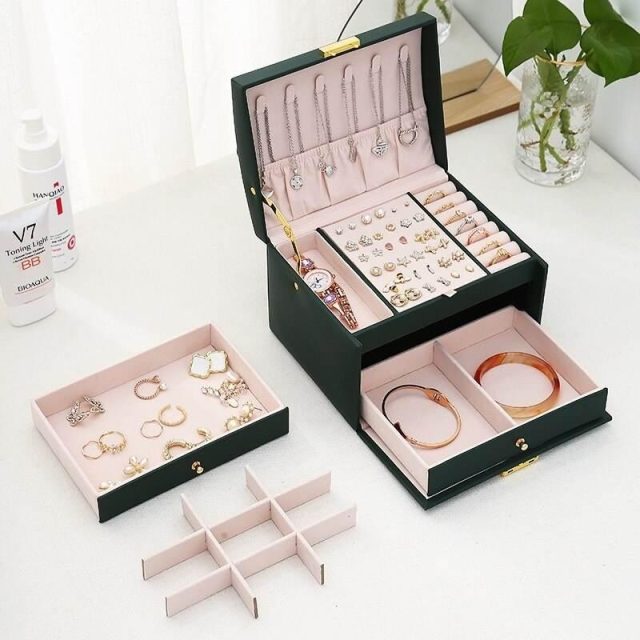


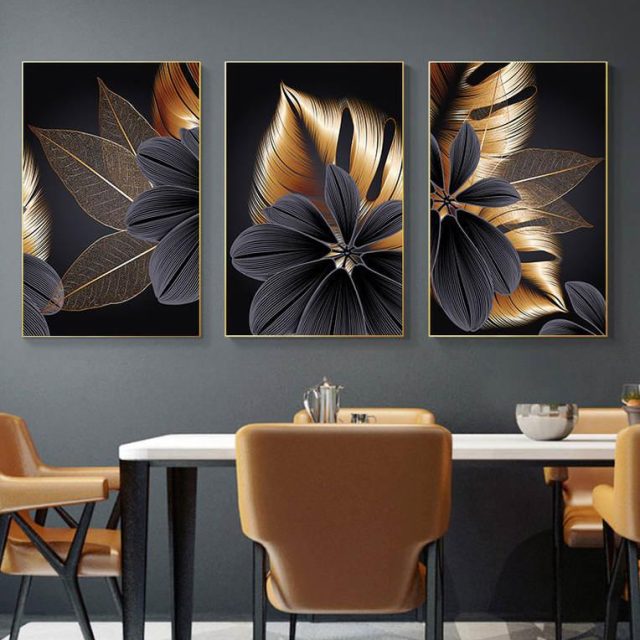



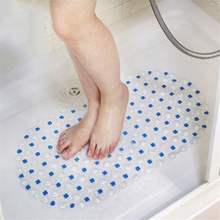
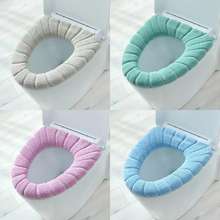
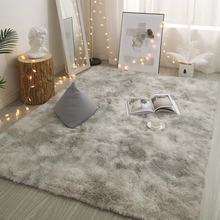
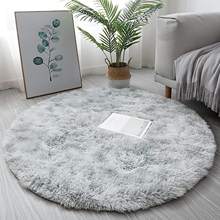
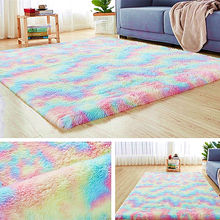

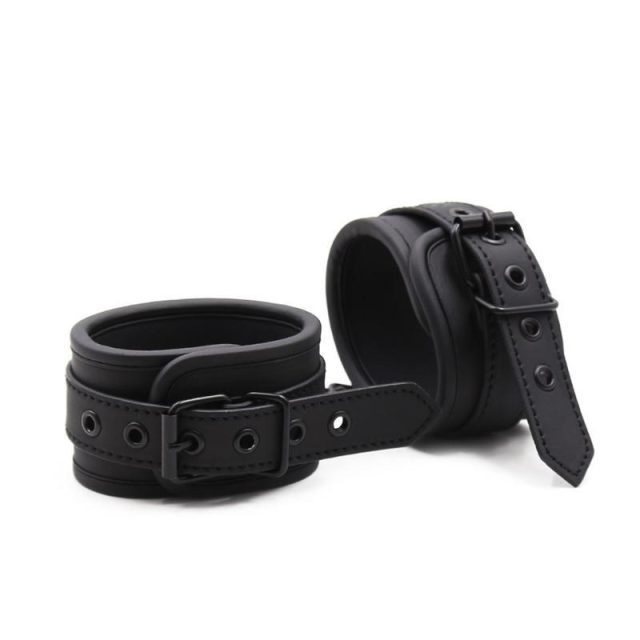


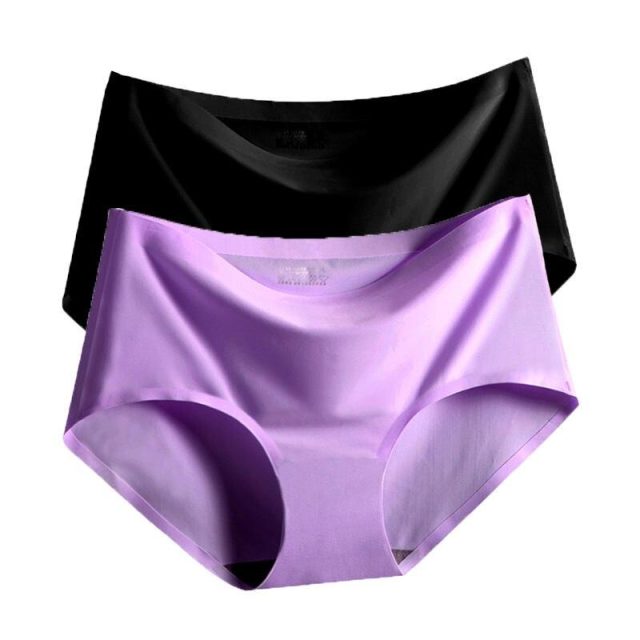
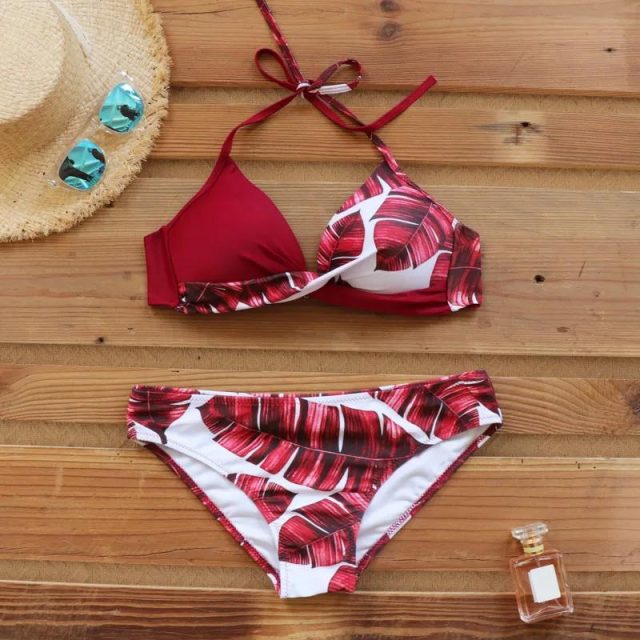

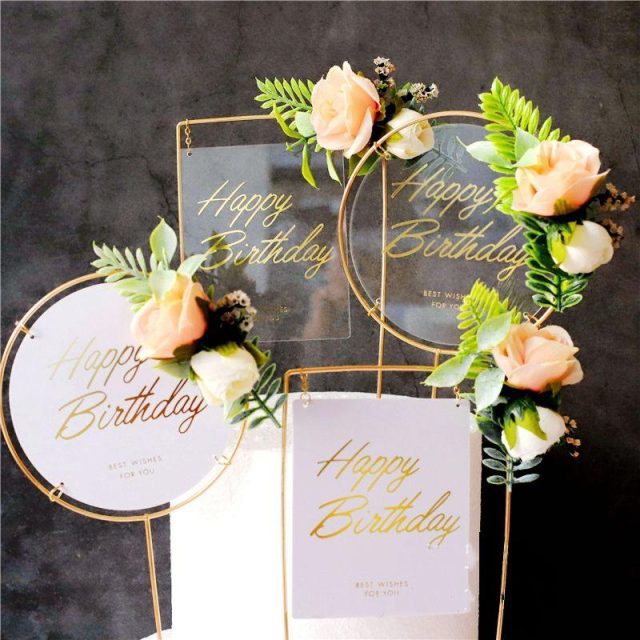

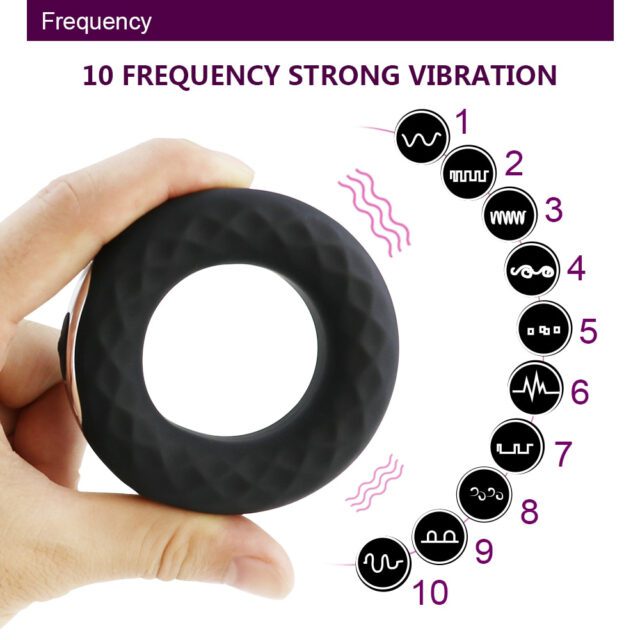

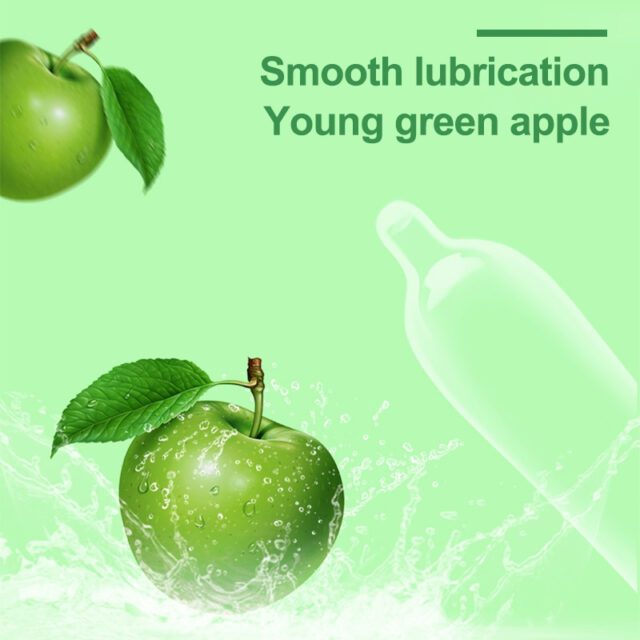







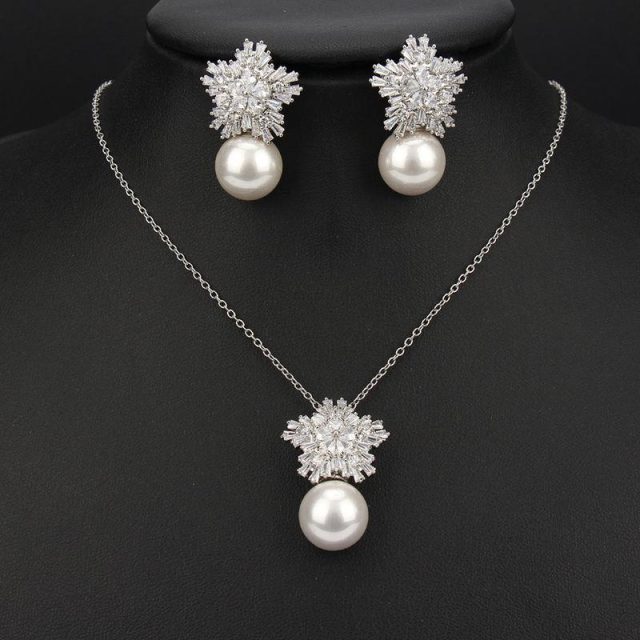





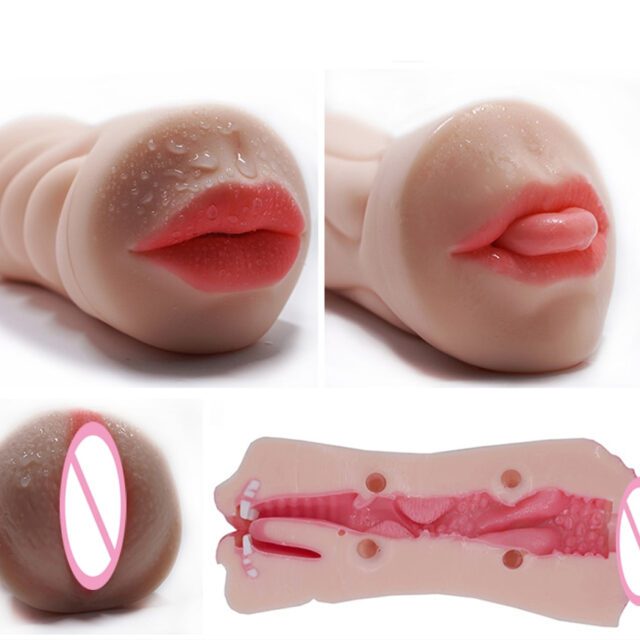
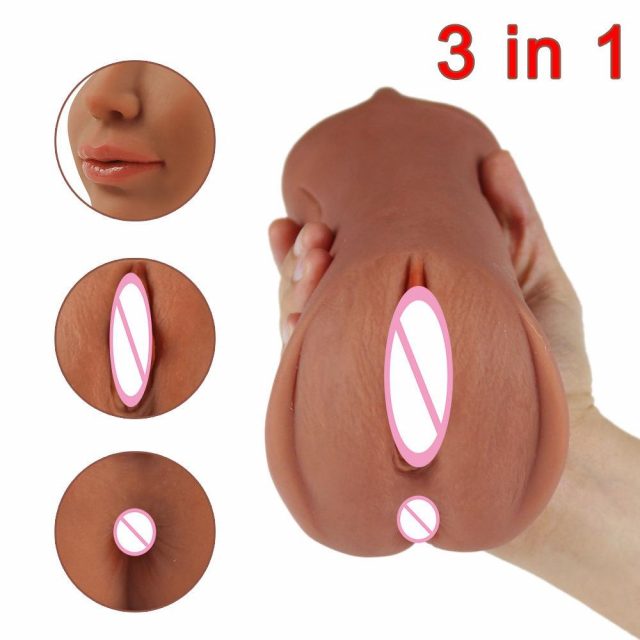



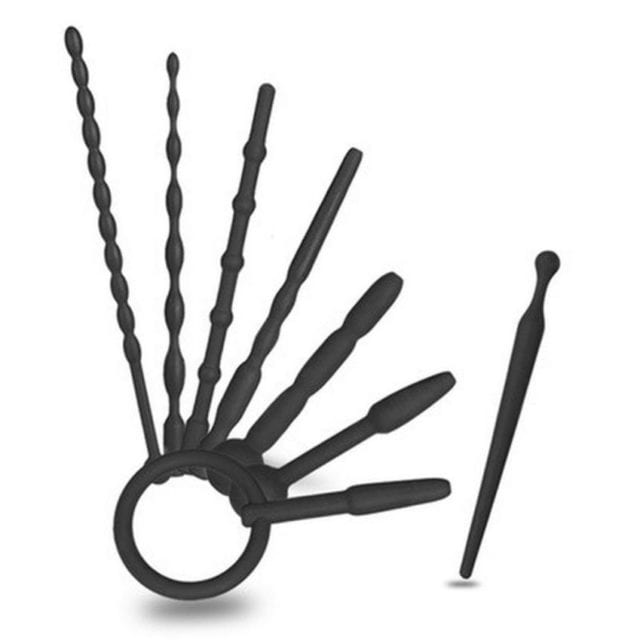
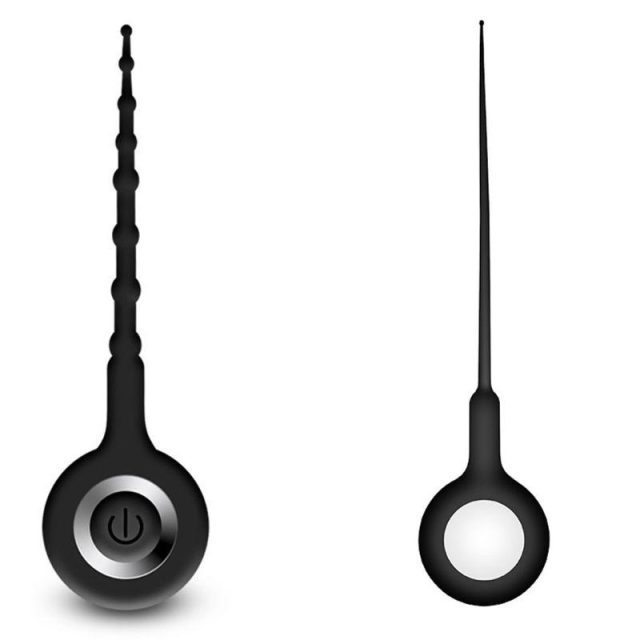







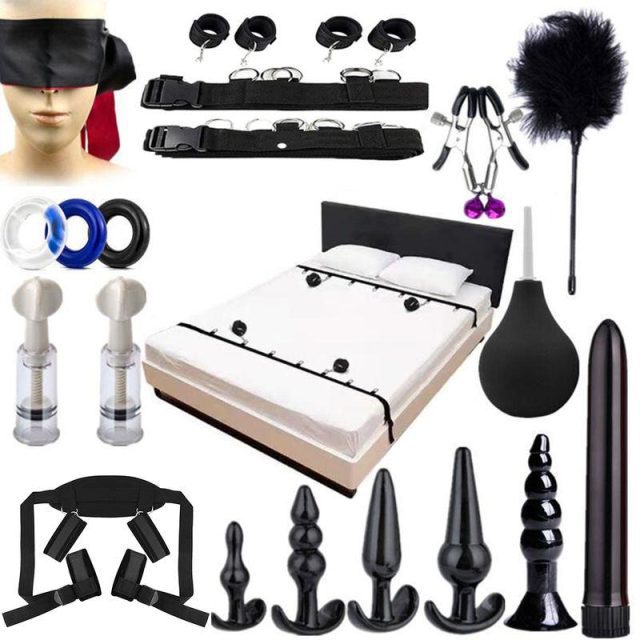

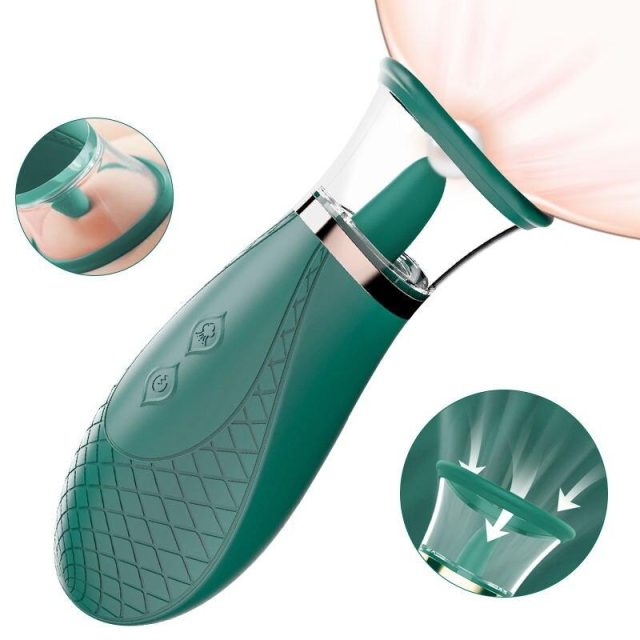

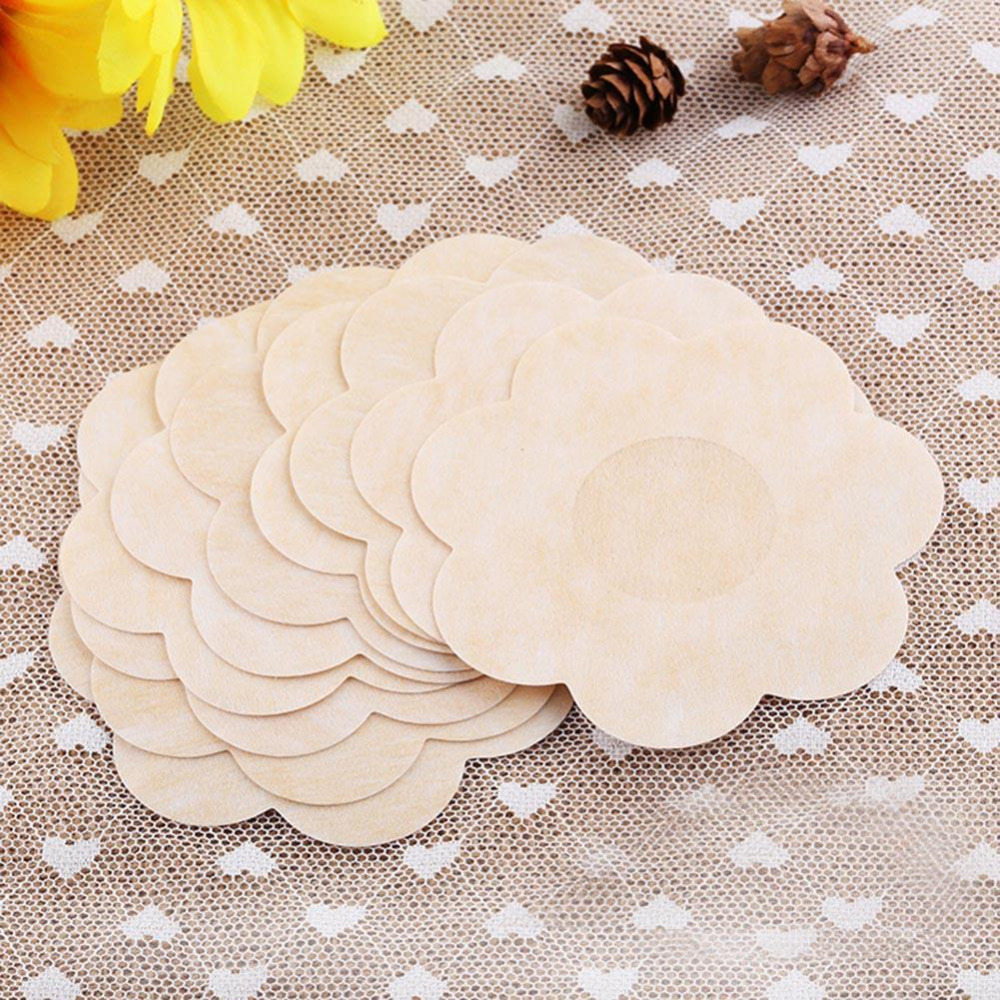

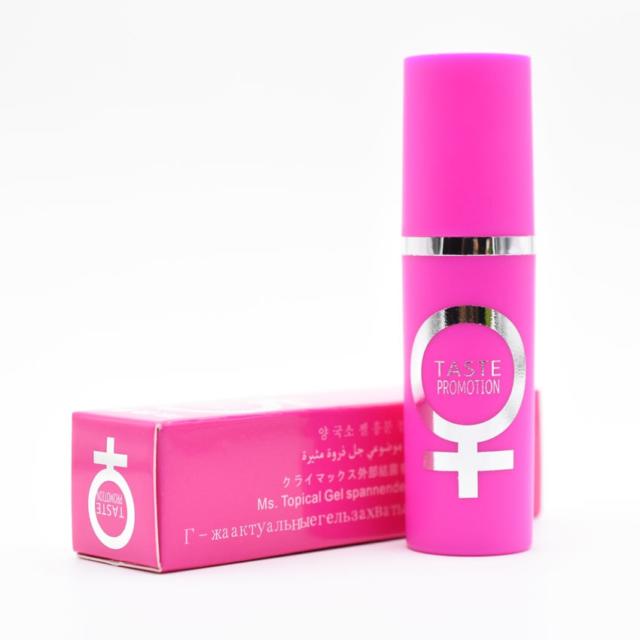


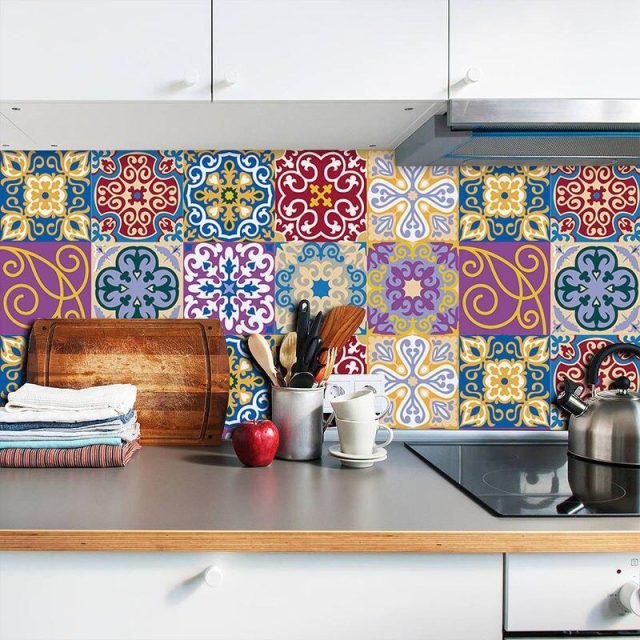
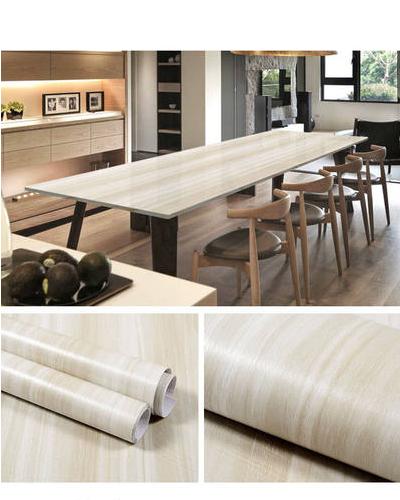
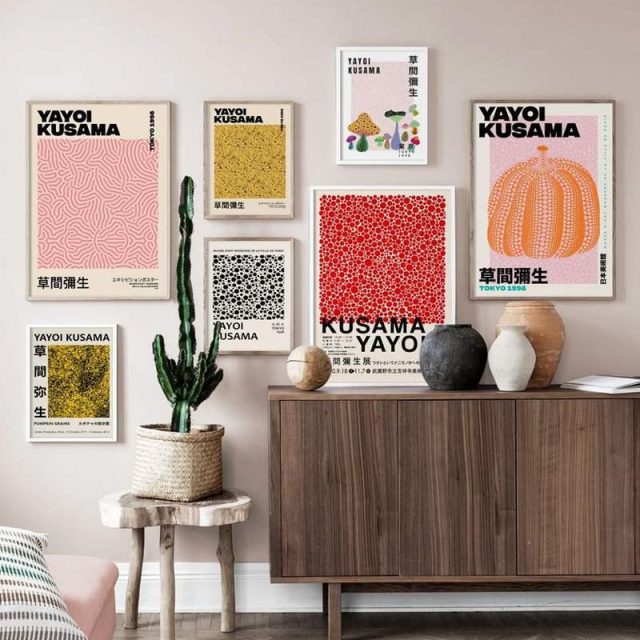
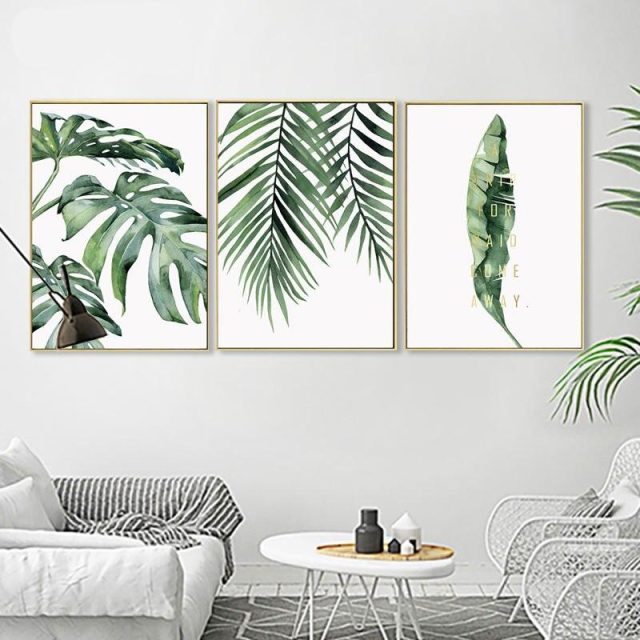
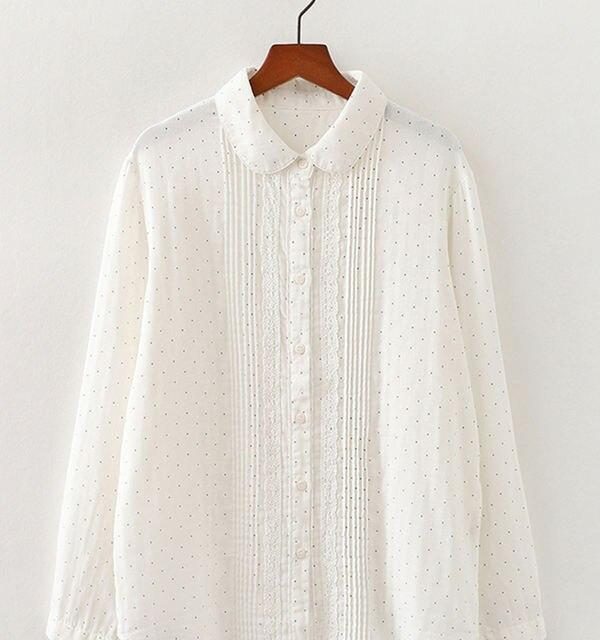

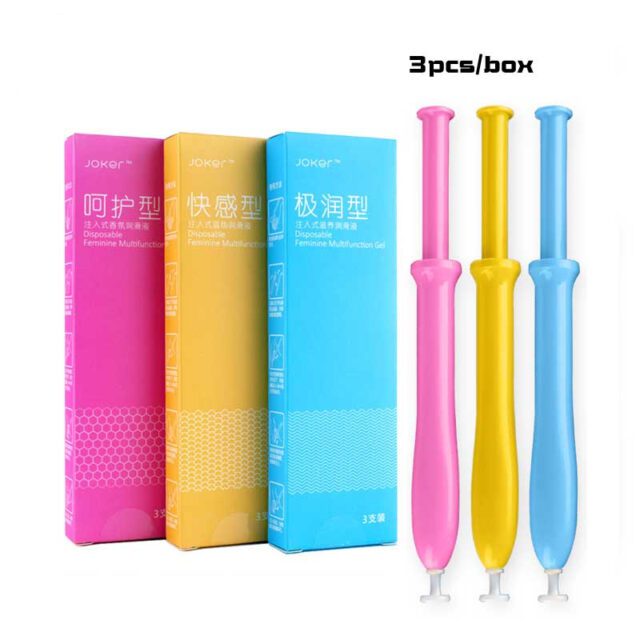


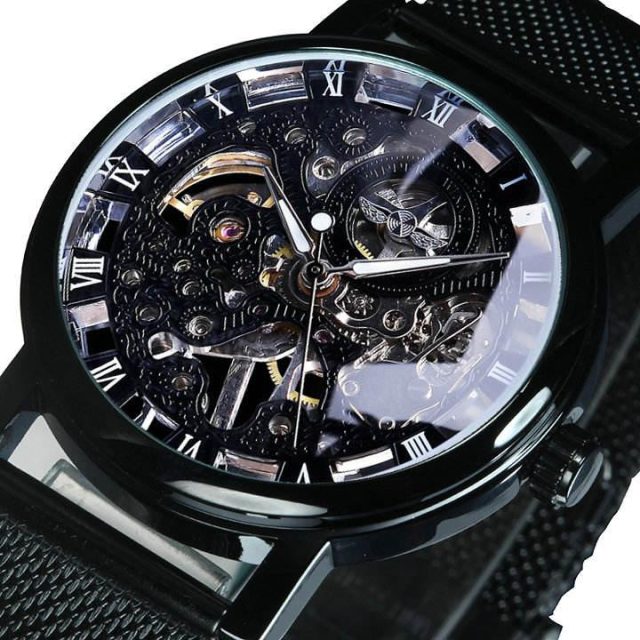

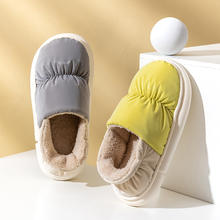
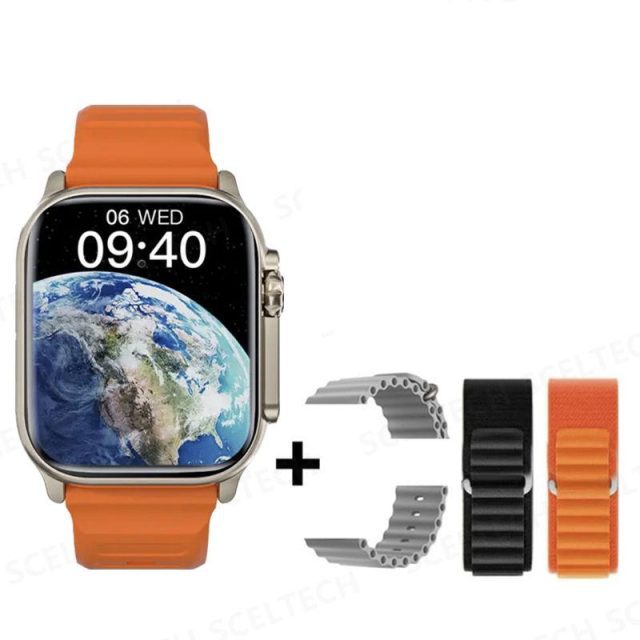







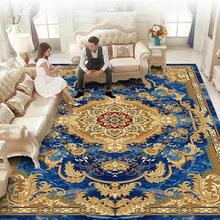
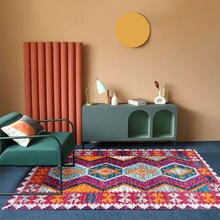
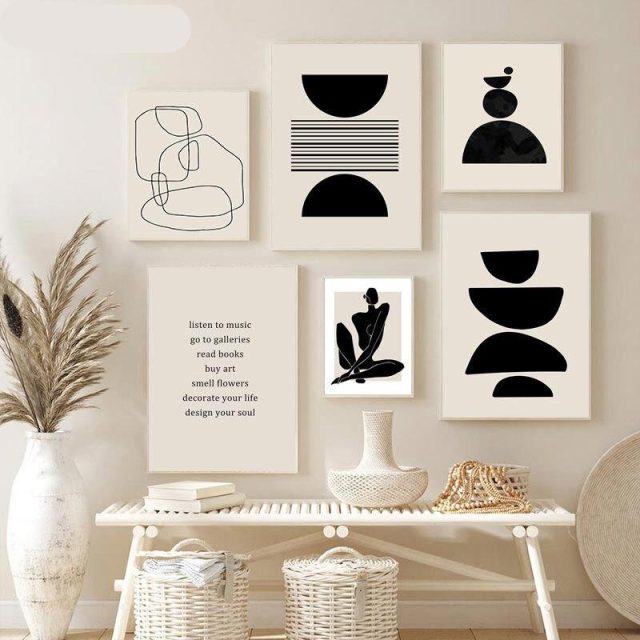



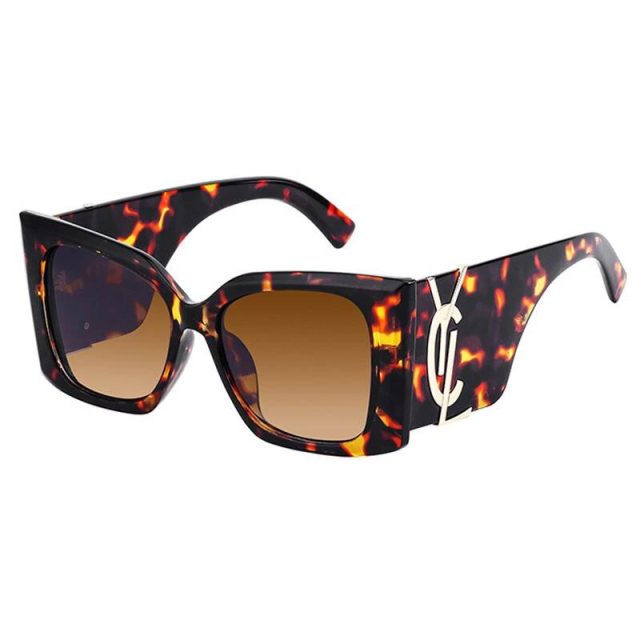


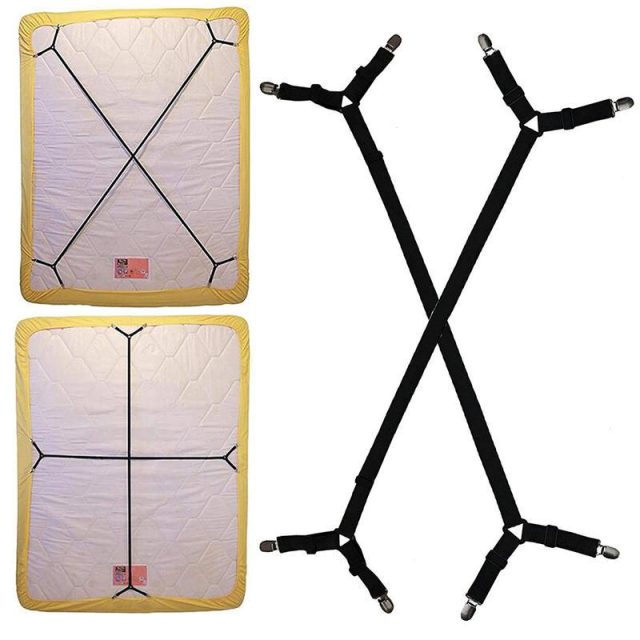


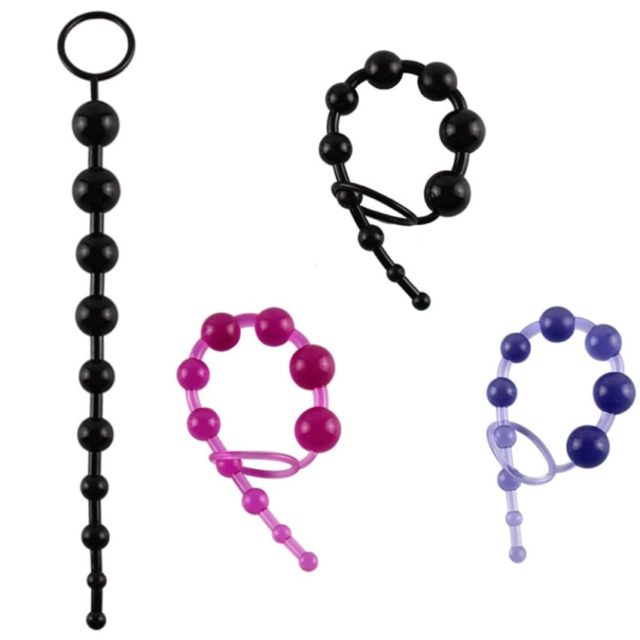
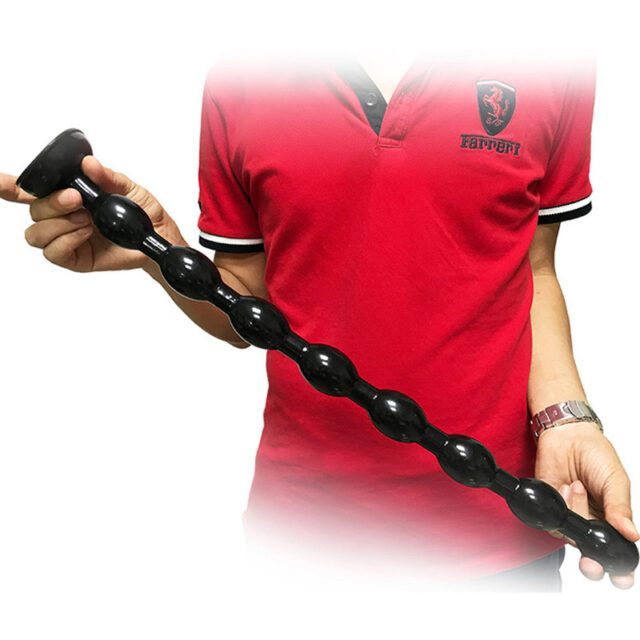
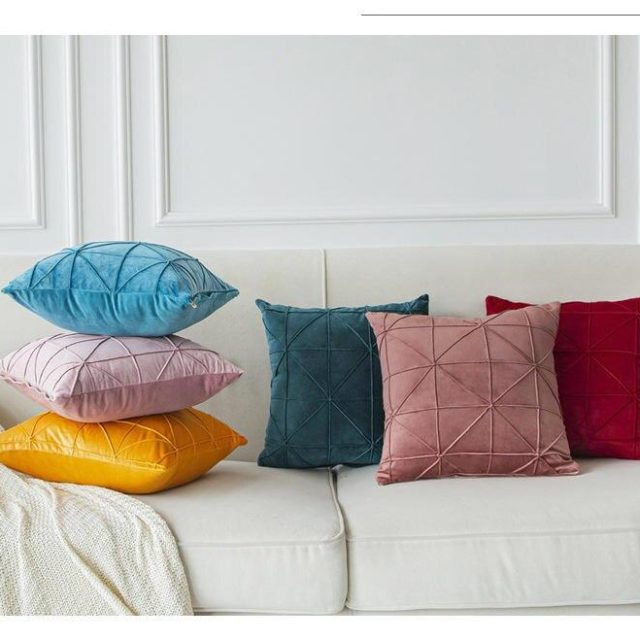
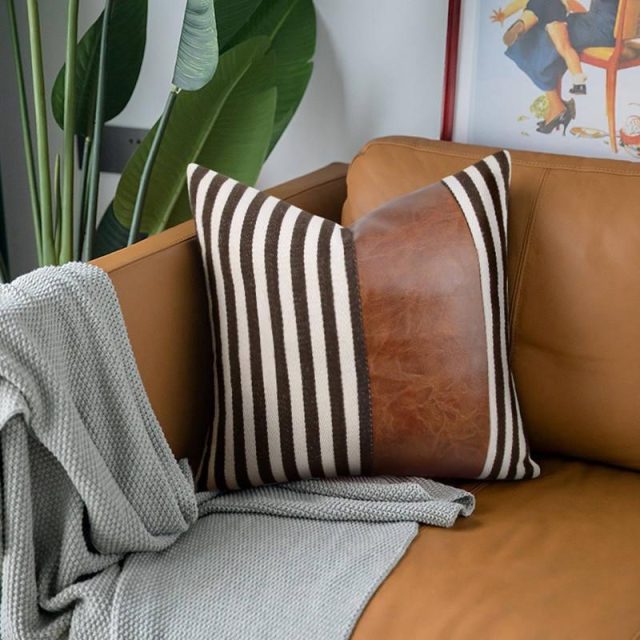
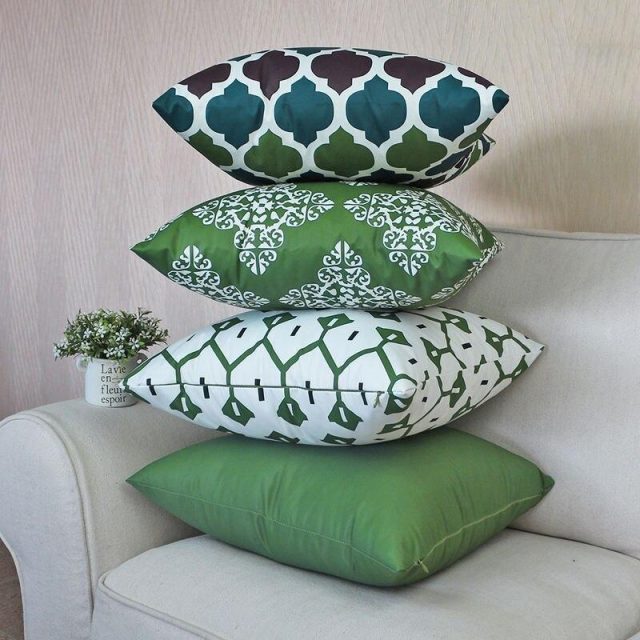
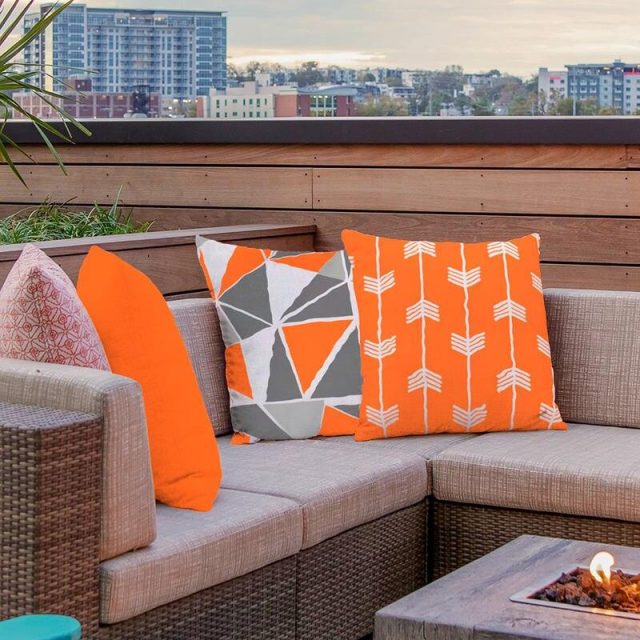
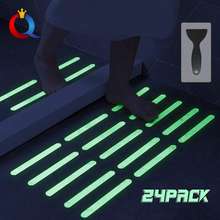
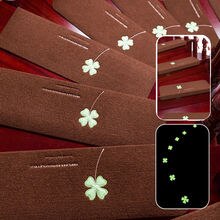



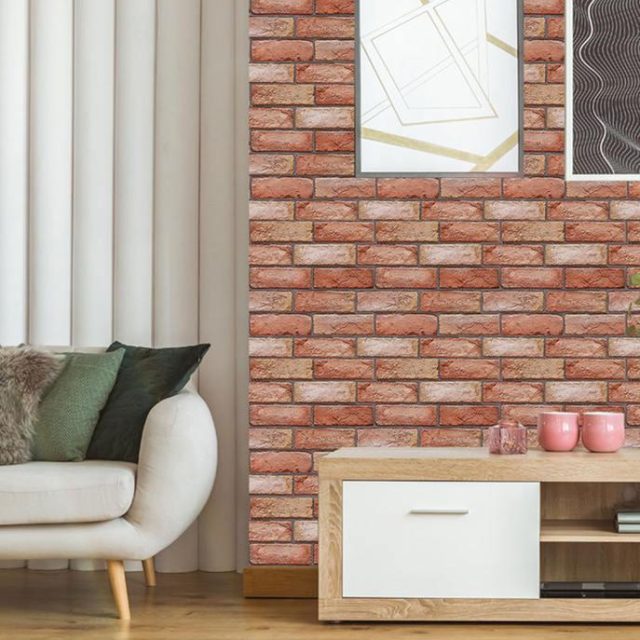

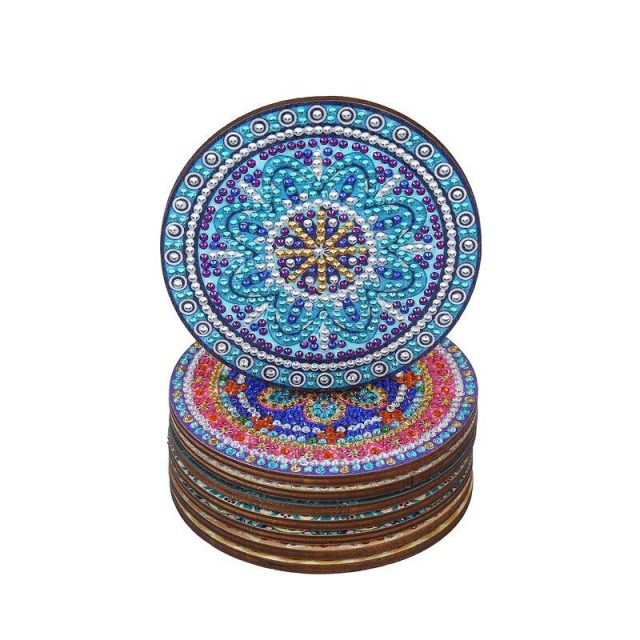
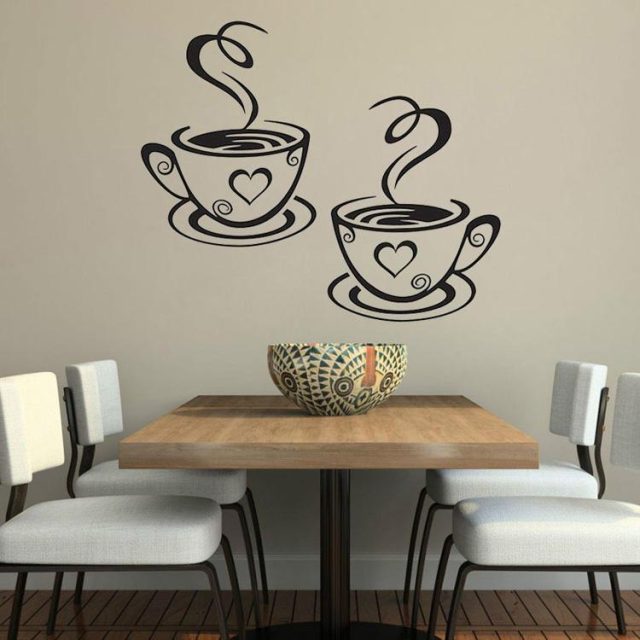

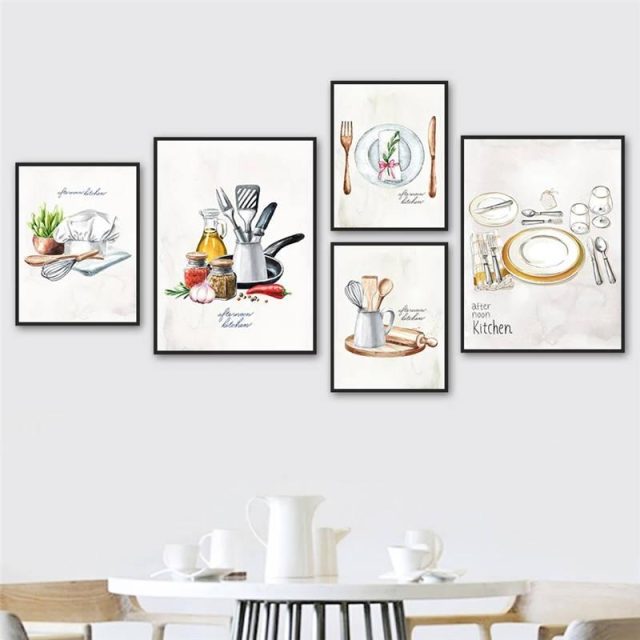
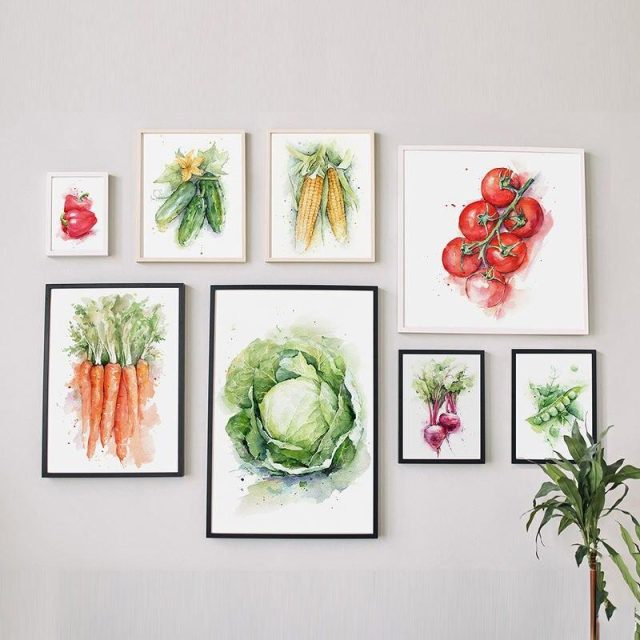






Perfect what I was looking for for the kitchen
Very nice, good quality, is what I expected. I will buy more safely
Placed on my classroom wall, easy to work with and looks great.
Good looking paper and quality.
Very nice
Pretty except damage for cutting
Very nice, when you place it you have to look at the drawing so that it fits one with the other, it is a bit difficult to fit as it has several paintings of different colors